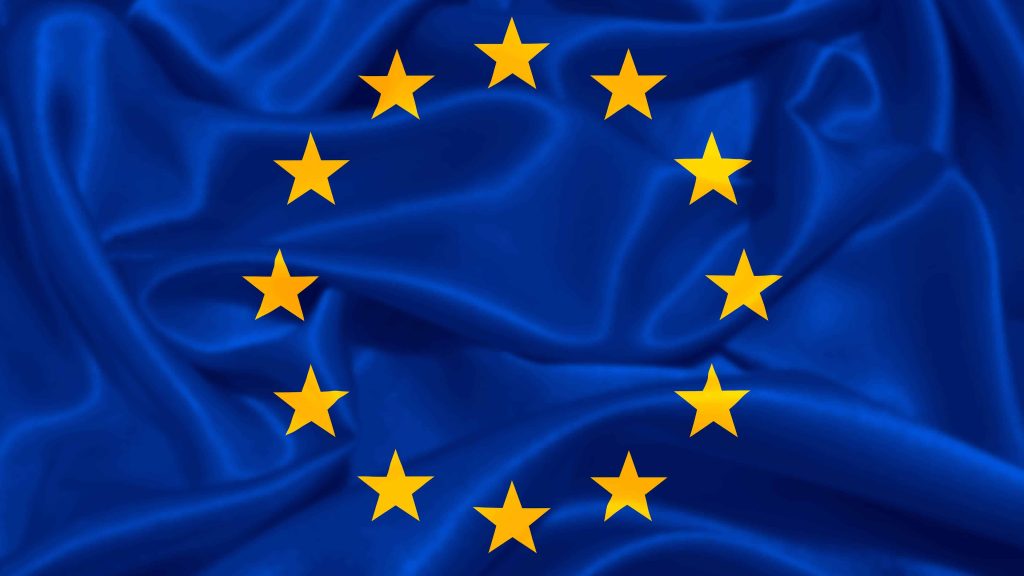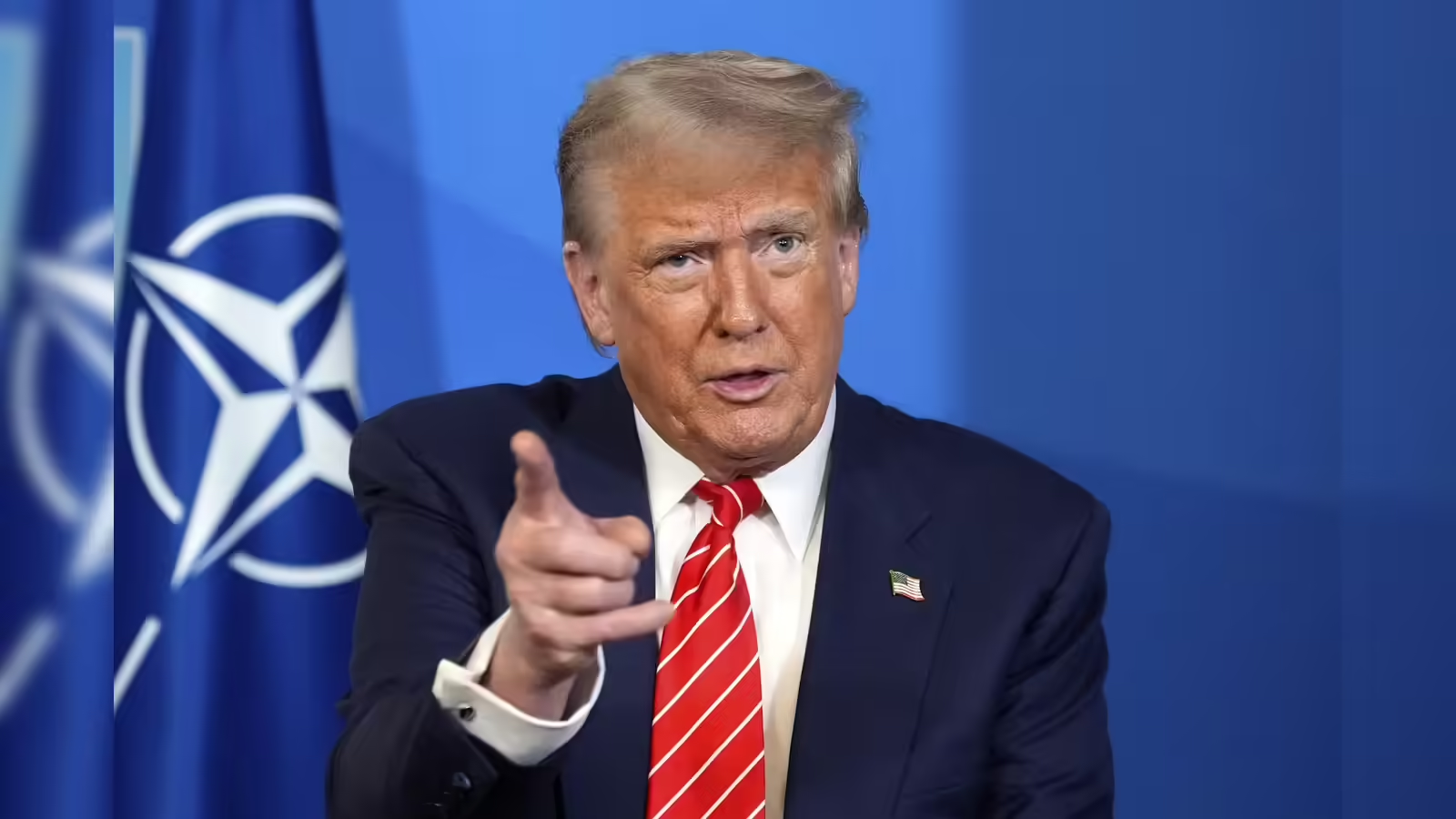US President Donald Trump on Friday cast doubt on the likelihood of Washington securing a trade deal with the European Union (EU) to reduce import tariffs, estimating the chances at merely “50/50, maybe less.”
Trump, who aims to slash US trade deficits, has vowed to impose punitive tariff hikes on numerous countries if agreements are not reached by an August 1 deadline.
Despite his administration’s earlier promise of “90 deals in 90 days” when delaying higher duties in April, only five agreements have been finalised so far, including with Britain, Japan, and the Philippines.
The EU’s 27 member states have authorised the European Commission to negotiate with Washington, seeking to avert Trump’s threatened 30-per-cent levies without a deal by month’s end.
Diplomatic sources indicate that Brussels and Washington are nearing an agreement that could involve a baseline 15-per cent US levy on EU goods, with possible exceptions for critical sectors.
However, EU states on Thursday endorsed a $109 billion (93 billion euros) package of retaliatory tariffs set to take effect from August 7 if talks fail.

Trump’s Stance on Tariffs and Negotiations
Trump asserted that most of the deals he was pursuing had been completed, clarifying that he was referring to imposing tariffs rather than negotiating free trade agreements.
He emphasised that tariffs, ultimately paid by US importers and passed on to consumers as sales taxes, are a tool to address trade imbalances.
“I don’t want to hurt countries, but we’re going to send a letter out some time during the week, and it’s going to say, ‘You’re going to pay 10 per cent, you’re going to pay 15 per cent, you’re going to pay maybe less,’ I don’t know,” Trump stated.
While Trump noted his negotiators were working “diligently” with EU officials, he acknowledged a lack of progress in talks with Canada, which faces a potential 35 per cent tariff threat.
Regarding China, Washington’s third-largest goods trade partner this year, Trump indicated that both sides have “the confines of a deal.”


 Trending
Trending 